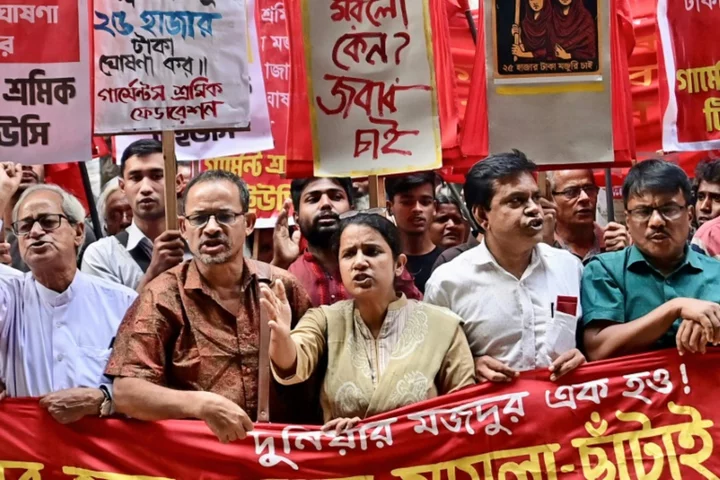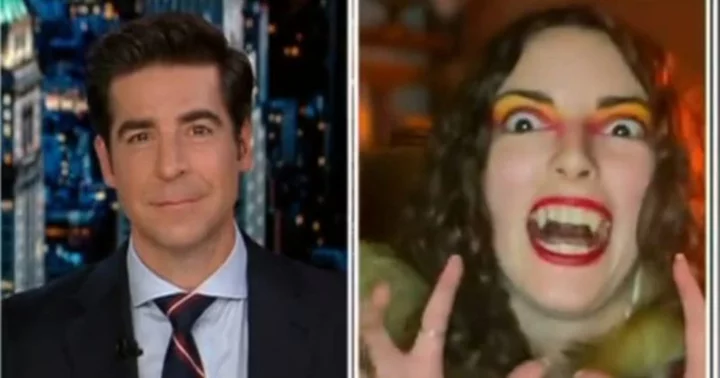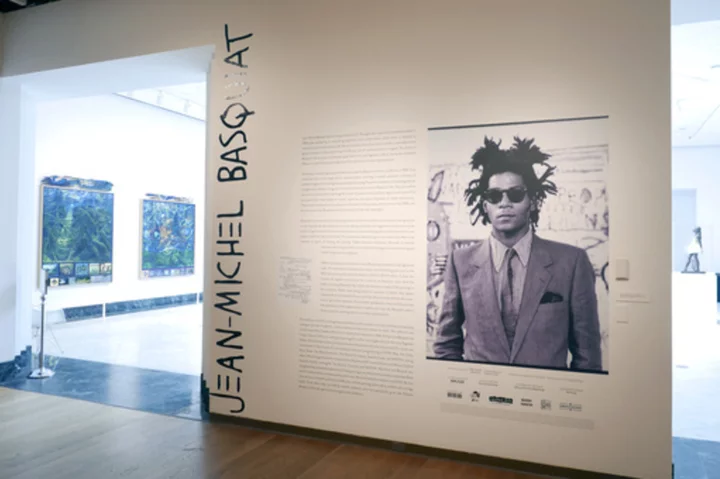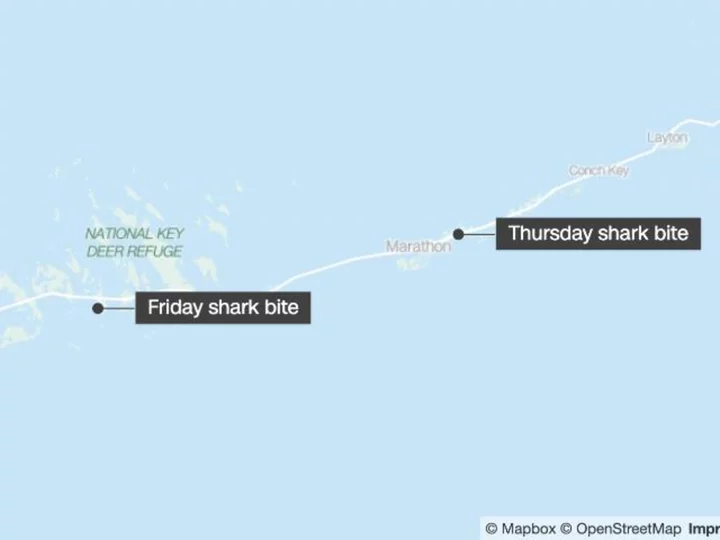A Bangladeshi woman was shot dead Wednesday in the latest violent protests by garment workers after they rejected a government wage increase offer, with the victim's husband blaming the police.
The South Asian country's 3,500 garment factories account for around 85 percent of its $55 billion in annual exports, supplying many of the world's top brands including Levi's, Zara and H&M.
But conditions are dire for many of the sector's four million workers, the vast majority of whom are women whose monthly pay starts at 8,300 taka ($75).
A government-appointed panel raised wages on Tuesday by 56.25 percent to 12,500 taka, but striking workers demand a near-tripling of the wage to 23,000 taka.
"Police opened fire. She was shot in the head... She died in a car on the way to a hospital," said Mohammad Jamal, the husband of 23-year-old sewing machine operator Anjuara Khatun, a mother of two.
Jamal told AFP that police had fired on some 400 workers calling for wage increase in the industrial city of Gazipur, outside the capital Dhaka. "Six to seven people were shot at and injured," he said.
Bacchu Mia, a police inspector posted at Dhaka Medical College Hospital where the body was brought, confirmed the death but gave no further details.
Police said fresh violence broke out on Wednesday in Gazipur, home to hundreds of factories, after 4,000 people staged protests rejecting the wage decision.
"They (protesters) hurled bricks at factories, cars and police officers. We fired tear gas to disperse them," local police chief K.M. Ashraf Uddin told AFP.
- 'How can I survive?' -
The minimum wage is fixed by a state-appointed board that includes representatives from the manufacturers, unions and wage experts.
"The wage was low before, and it is still low after the new minimum wage announcement," said Mujahid Ahmed, 23, a sewing machine operator. "It is not enough to meet our basic demands."
Unions say their members have been hard hit by persistent inflation -- which reached nearly 10 percent in October -- and a cost-of-living crisis partly triggered by the taka depreciating about 30 percent against the US dollar since last year.
"I am widow, with two children. I get some 13,000 taka including overtime pay. How can I survive with this little income? My back is against the wall," said worker Shahnaj Akter, in the garment-producing town of Ashulia.
Wage protests pose a major challenge to Prime Minister Sheikh Hasina, who has ruled the country with an iron fist since 2009. A resurgent opposition has challenged her rule as she readies for elections due before January.
Security has been tight in key industrial towns outside Dhaka after unions threatened to hold new protests over what they described as the "farcical" wage hike.
Police said around 600 factories that make clothing for many major Western brands were shuttered last week and scores were ransacked in the biggest wage protest in a decade.
Four factories were torched and at least two workers were killed in the violence, with tens of thousands of workers blocking highways and attacking factories.
sa/pjm/dhw









